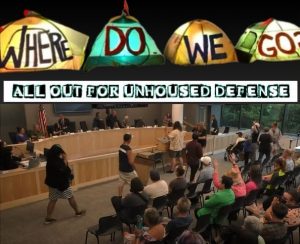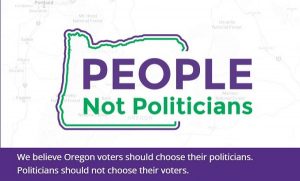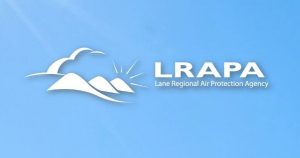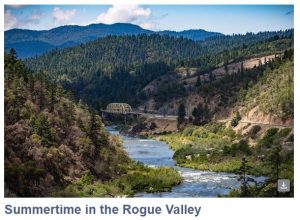After 14 years, Jim Torrey says farewell to 4J board
6 min read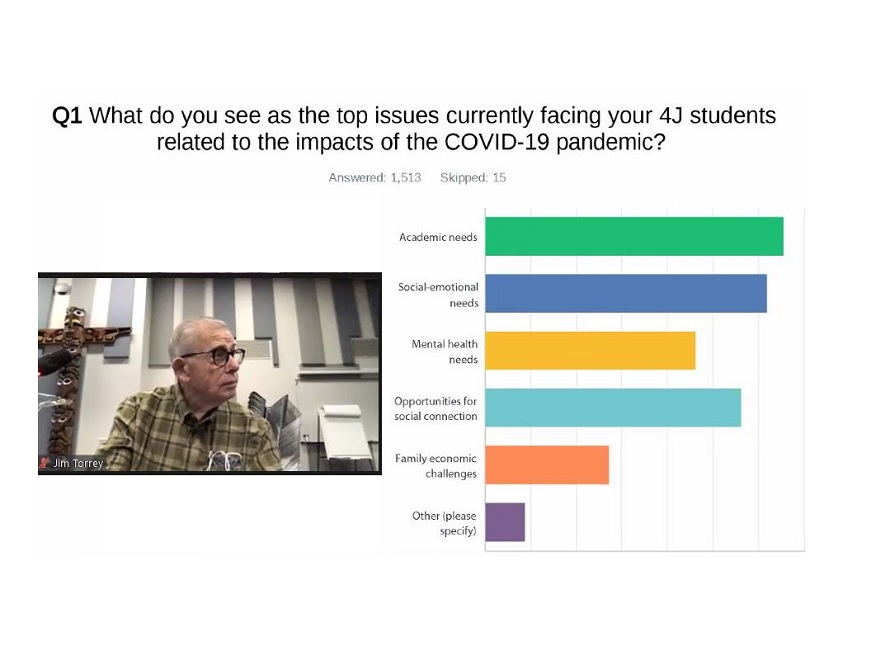
Jim Torrey, in his farewell board meeting, praised 4J staff for its resilience during the COVID-19 pandemic.
After 14 years on the school board, Jim Torrey said farewell. First, he praised the staff.
Jim Torrey: [00:00:06] Hasn’t been that long, fourteen years. When you’re 81, fourteen is just a drop in the bucket. I thought about, What are some of the things that I ought to talk about?
A very intelligent, well-respected person told me about how tough it really has been for the staff this past year and three months. Not only have they had the responsibility of doing this new COVID dance that we adjusted almost on-the-go, but they also have to do the job they were originally hired to do, on top of that. And it’s easy, frankly, for the community to lose sight of that. What they’re primarily interested in is my issue, but I want to take my hat off to the staff. Those people working, the teachers who have had to deal, really, with two ways of teaching. And I have a number of educators in my family, and I have seen them have to leave events, family events so that they could get home and fix two different lesson plans. And I’ve also seen them be really concerned about some of their students that they just can’t reach out and develop the relationship with that they want.
Thank you for supporting
local citizen journalism
And you guys have heard me say this before. The new board and all future boards, hopefully remember, that we have great union representatives for our teachers and for classified, and we have MAPS to take care of the administrators. The school board is the board for the kids, the parents, and their community. You have a responsibility to look for ways to make their voices heard, even though they don’t come to our board meetings.
John Q : [00:02:18] Jim offered advice on goal-setting. The board should focus on a small number of goals, and get updates every three months.
Jim Torrey: [00:02:27] If I’d have been smart enough to know how to do it better when we had our annual goal setting, I can’t tell you how important those goals are. I can tell you in my history as a mayor, one of the first things you have to do is the “State of the City” address. And in there, list a whole bunch of goals.
What I found out early was, If you have too many goals, you really have no goals. I would strongly urge the new board when they have their retreat, seriously consider limiting the number of goals to the truly high priority issues.
And I would give you as an example, the north Eugene plan, many of us thought that north Eugene plan just happened last year. That plan started five years ago. I felt really good last year when we had it with one of our goals, but we haven’t followed up on it. Now there’s all sorts of reasons for how busy we were, but I would suggest in the future, once those top goals, whether it’s three or four, at least on a quarterly basis, expect to have a report from the staff to the board about what’s happening.
There’s an old saying, “You can’t expect what you don’t inspect,” and you really need to consistently inspect those things. Really keep your eye on that ball. How important is it? What you’re going to do, when you’re going to do it?
John Q: [00:04:05] Jim suggested planning for growth. Sheldon, River Road, and Howard are growing fast.
Jim Torrey: [00:04:11] The next thing. Make sure you look at where your physical needs are, and how important they are. There is no question that in Sheldon, we will need a new primary school. They’re exploding. That’s where this growth is coming. Nobody wants to hear about a new bond, but what I am suggesting you do is you have another sub committee working with this. Now identify where are the gaps in sufficient space. What will we do when River Road and Howard explode beyond their school? They’re very close to doing that right now. And we can’t just sit back and say the public isn’t ready. Nobody wants to pay more taxes. This community has shown over and over again, their willingness to support responsible presentations to them.
John Q: [00:05:12] Jim suggested changing the way we elect board members.
Jim Torrey: [00:05:16] I’d like to seriously consider changing the way board members are elected. I would like to consider putting together a plan that would identify seven geographical areas in 4 J similar to the city council wards, but you don’t have to call them wards. You can call them whatever you want to call them. Why I think that’s so important, you will have then the opportunity to craft the creation of those seven areas to take into consideration areas where there are large numbers of community of color, where there is a large amount of poverty. Kicker is, vote for them by the people who live in one of those areas, not across the community.
There’s an area with low-income people and community of color, and that group will get to decide who represents them. Now, whether this is going to happen. I don’t know, but I seriously think it ought to be considered.
John Q: [00:06:25] Jim, a former mayor of Eugene, said he is glad to see more career education.
Jim Torrey: [00:06:31] Things that I’m proud of. There are lots of things, not the least of it by far is career technology education. But the last two years I was mayor, I went all over this state talking about how frustrating it was to me that the best career technology facility, anywhere close, was the minimum prison in Albany, they had the top of the line equipment.
I’m glad they did. But what about the kids that are in our schools? And I can remember my first couple of years on the board, I got hammered pretty heavily. “Jim, that’s the wrong way to go. You’re putting those kids on a track and you’re going to say they’re never going to be successful.” 14 years, that whole thing has turned around. Now it is the thing to do, and I couldn’t be happier with the fact that North Eugene high school will have the best career technology facility in the community. And I hope others will be able to expand on it. By the way, that was part of what the community said they wanted when we did that plan five years ago.
So there’s no question. We’ve done great things with bonds and we’ve done great things with the local option levy. Look at our neighbors. They haven’t been able to accomplish that. I hope they do in the future. Some of them have been able to do bonds or local option levies in their towns.
John Q: [00:08:08] Jim’s farewell request was for equity for North Eugene.
Jim Torrey: [00:08:12] Now, finally, this hat here says “Swede’s Crew.” Now, I was part of the group that helped build that. I’m urging you, when you get the time, seriously, consider putting a synthetic surface on Swede (Johnson) Field and forget the fact that I’m a baseball fan. Forget that. Recognize it’s an issue of equity. I advise all of you to go to the three other high schools other than North Eugene and look at the physical land space is available in each of those three high schools. North Eugene has roughly one-fourth of any of the other three. One-fourth. Look, if you get a chance, at the grandstand, if you’re going to watch a football game at North. And If you look at the back, there is no space or grass all the way to the other side of the new field, the new school.
Thank you very much. It’s been a privilege. Thank you.
